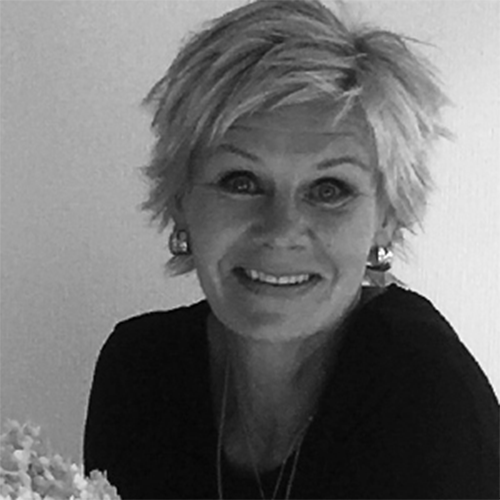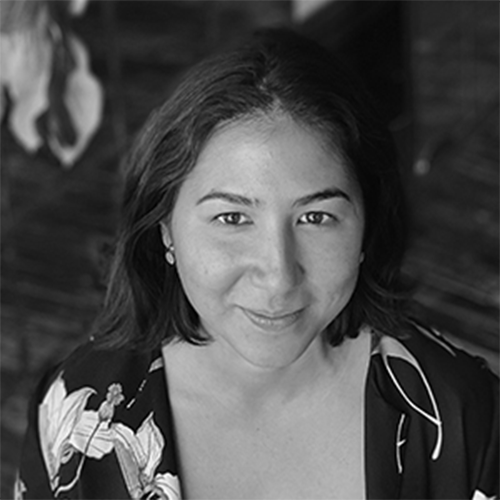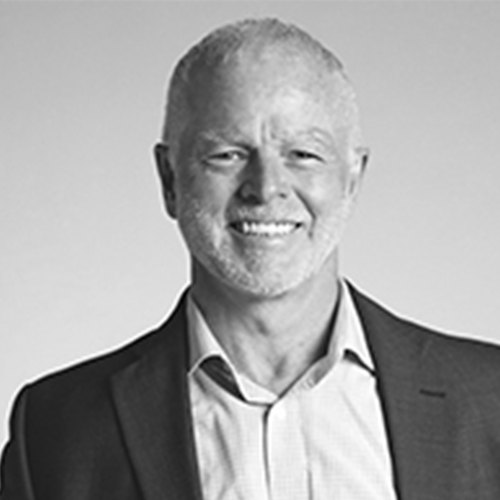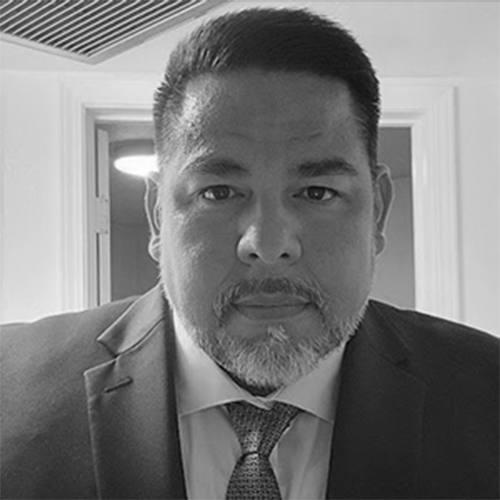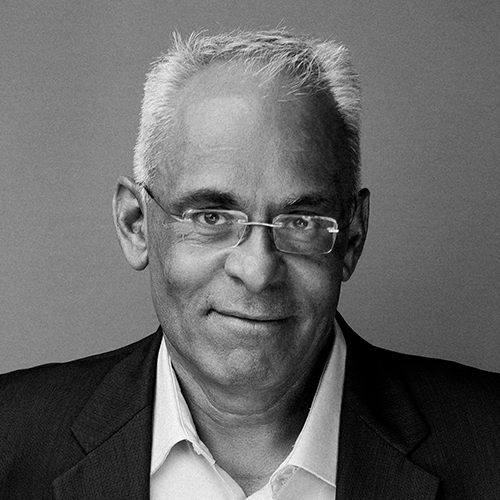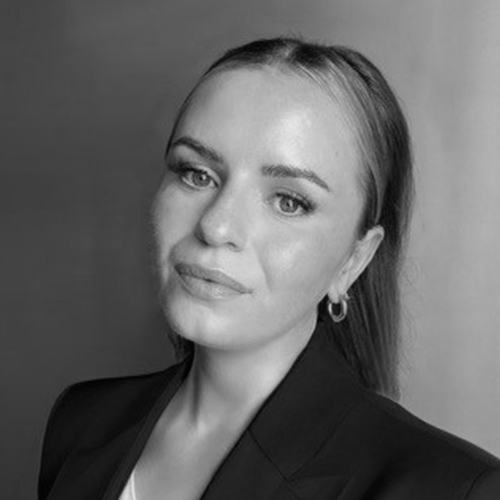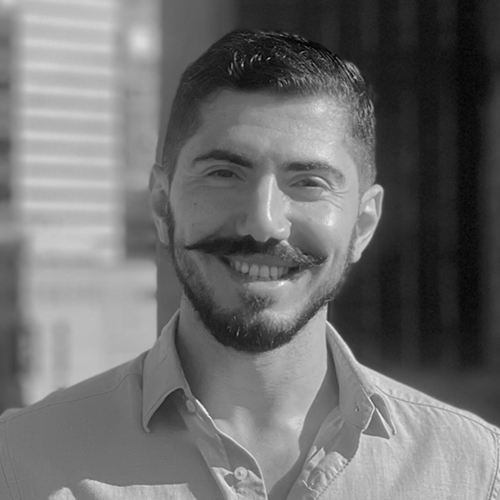
Meet our Advisors
Doctor of Philosophy (PhD) Psychology & Associate Professor @ University of Helsinki, Faculty of Medicine
Assistant Professor at Northwestern University
Director of Consulting @ The Decision Lab
Registered Psychotherapist. RPN, MSW, RSW
Program Director and Professor at Great Basin College
Therapist, M.A., J.D., RSW
Registered Psychologist & Assistant Professor @ Dalhousie University Department of Psychology and Neuroscience, Department of Psychiatry
Manager of Metal Health Promotion and Prevention
Registered psychologist & Postdoctoral fellow
Ready to add ALAViDA to your benefits?
25% of Americans will experience challenges with substance use, but only 1 in 10 will get help. It's time to change that!
